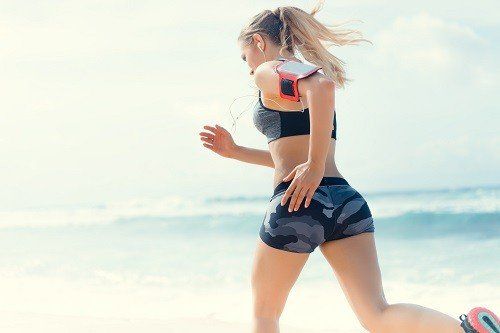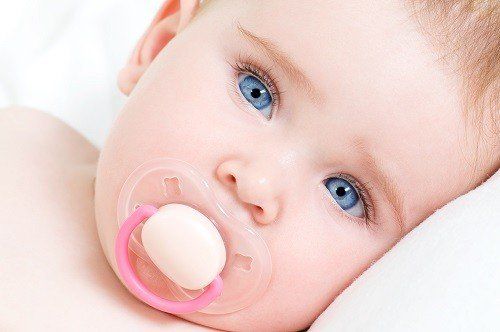Endurance Athletes Could be More Vulnerable to Cavities
It’s common to hear about certain groups of people being more vulnerable to tooth decay and cavities, such as those who eat many sugary or acidic foods or anyone suffering from dry mouth. Recently, however, one study revealed how endurance athletes may actually be prone to tooth decay more than others. This study, titled “Effect of Endurance Training on Dental Erosion, Caries, and Saliva,” was published by the Journal of Medicine & Science in Sports through its online forum.
This study examined 35 triathletes training a minimum of five hours every week as well as 35 individuals who didn’t exercise regularly. The participants filled out a questionnaire, stating their weekly training routines, gender, age, body weight, height, and oral hygiene practices. They also added details regarding the sports nutrition products and beverages they consumed. Each participant submitted to oral exams that included pH and saliva output testing during inactivity, with 15 of the athletes submitting to saliva assessments while they exercised. The pH levels for swimming pools the triathletes used were factored in as well.
While the non-athletes and triathletes had similar pH and salivary output levels during inactivity, the triathletes showed a higher risk of dental erosion as well as decreased salivary flow and a significant increase in saliva pH during exercise. Additionally, the researchers leading the study said a considerable correlation existed between the athletes’ likelihood for cavities and their collective training time.
According to Dr. Cornelia Frese, the study’s lead author, both sports drink and nutrition product use alongside physical training can lower athletes' saliva pH levels down to where erosion may occur. "With a lowered intra-oral pH, dental erosion and caries can occur," Frese said. "We saw that the weekly training time correlates with caries prevalence. We assume that longer training time is consistent with a higher intake of carbohydrate sports bars, gels, and drinks, and this might cause a higher risk for caries."
Frese also stated physiological changes within the athletes themselves can contribute to the problem. "Exercise activates the sympathetic drive and suppresses the parasympathetic innervation of salivary glands. Additionally, athletes breathe through the mouth during hard exercise, and the mouth gets dry. If they consume sports nutrition/drinks at this moment, saliva protection might be diminished." Per Frese, athletes need special oral healthcare regimens, and “a fluoride containing toothpaste is important. The fluoride in the toothpaste increases the resistance of tooth hard tissue against caries and erosive challenges."
If it is time for you to see a dentist but you are worried about the high costs of dental care, consider signing up for our NH supplemental dental plan. For more information about this plan that can save you as much as 20 percent off your bills, click here.











